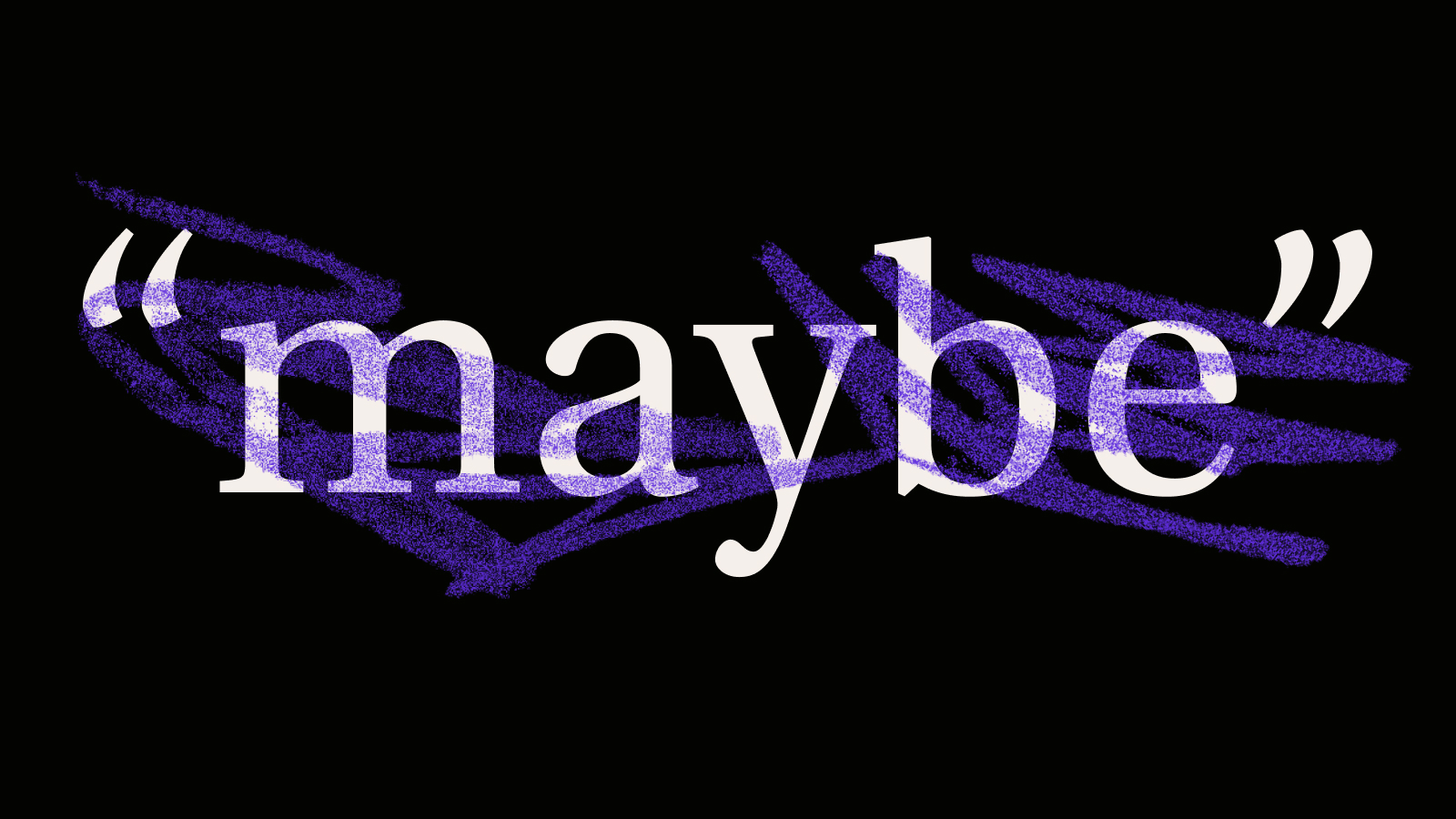Recording teachers
Andy Carvin notes on the Learning Now blog that a New Jersey school district has banned students from recording their teachers in class after a student recorded a teacher’s classroom proselytization and then posted the audio on the Internet. As a school law guy, I’ve been following this incident with great interest. Here are some thoughts that have been running through my head…
Obviously I’ve got lots of concerns about the district’s new policy. Maybe someone more legally savvy than me can explain why the policy might be upheld, but my initial opinion is that it’s on awfully shaky legal ground.
There are other issues here too, such as the student’s belief that the administration wouldn’t take the complaint seriously, the desire of the administrators for the student to come to them first, and the student’s posting of the recording on the Internet. Check out the post and comments at Learning Now. There’s some good conversation occurring over there. Chime in!




